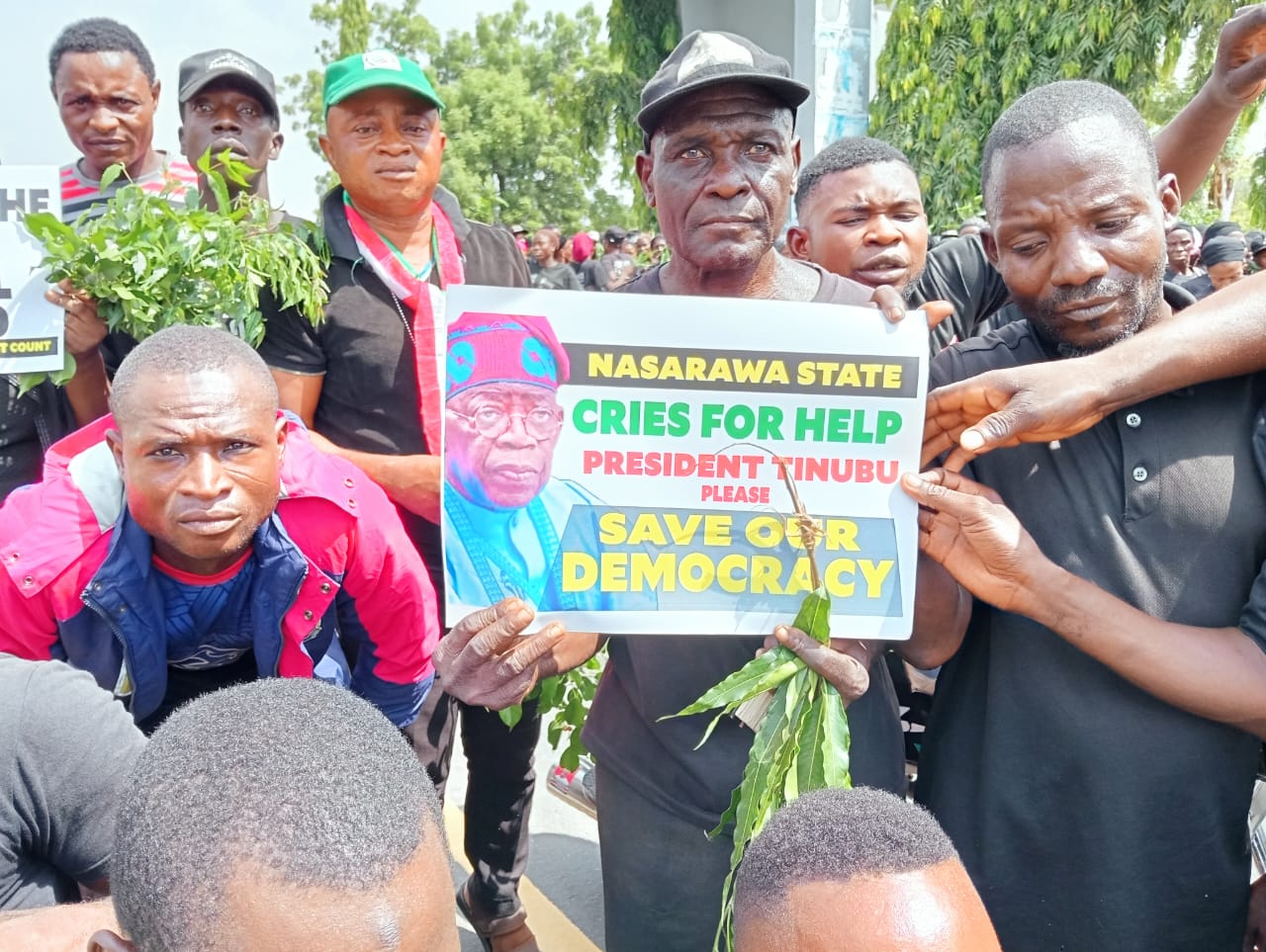In the heart of Nasarawa State, amidst the backdrop of political turbulence and legal contestations, a unified voice emerges. The Coalition of Indigenous People of Nasarawa State recently convened at the Nasarawa State Stadium, articulating their profound concerns regarding the erosion of democratic values and the suppression of indigenous rights within their region.
Led by Hon. Kefas Elisha Tigga, the coalition’s convener, the assembly sought to shed light on the challenges plaguing their democratic process. At the core of their grievances lies the unsettling outcome of the gubernatorial elections held on March 18th, 2023.
In a spirited and impassioned address to the press, dignitaries, justice advocates, and concerned citizens, Tigga articulated the coalition’s dismay over a recent appellate court judgment. This judgment, overturning the lower tribunal’s decision, created ripples of discontent, challenging the very essence of majority rule in Nasarawa’s democratic fabric.
“We stand at the precipice of a dangerous precedent,” declared Tigga, emphasizing the critical need to safeguard the indigenous people’s right to have their voices heard through the ballot box. He underscored that the rightful winner, Hon. David Emmanuel Ombugadu of the PDP, was unjustly overlooked by the Independent National Electoral Commission (INEC), ultimately leading to a tumultuous legal battle.
The coalition vehemently contested the irregularities and manipulations allegedly orchestrated by the APC in key wards, particularly in Gayam and Chiroma. They cited instances where votes exceeded the accredited numbers, questioning the fairness and transparency of the electoral process.
What struck a chord among the attendees was the coalition’s lament over the derogatory labeling of peaceful protesters, especially women. Tigga expressed deep anguish over their disparaging treatment, decrying the mockery faced by those exercising their right to voice their concerns. The coalition found themselves insultingly branded as “hired crowds” and even derogatorily called “prostitutes.”
“We seek liberation, not because of someone’s charisma, but to break free from the shackles of power that hold our state hostage,” emphasized Tigga, highlighting the significance of their vote for Ombugadu as a symbolic step towards emancipation from control and exploitation.
Amidst calls for intervention from international bodies such as the United Nations, African Union, ECOWAS, European Union, and the United States, the coalition’s fervent appeal resonates: a plea for the Supreme Court’s intervention to rectify what they perceive as an injustice and a defiance of the people’s will.
As the conference drew to a close, the reverberating message echoed a steadfast hope that justice, devoid of mere technicalities, will prevail. The coalition’s unwavering stance embodies the aspirations of Nasarawa State’s indigenous people—a fervent desire for fairness, justice, and an unwavering commitment to democracy’s foundational values.













